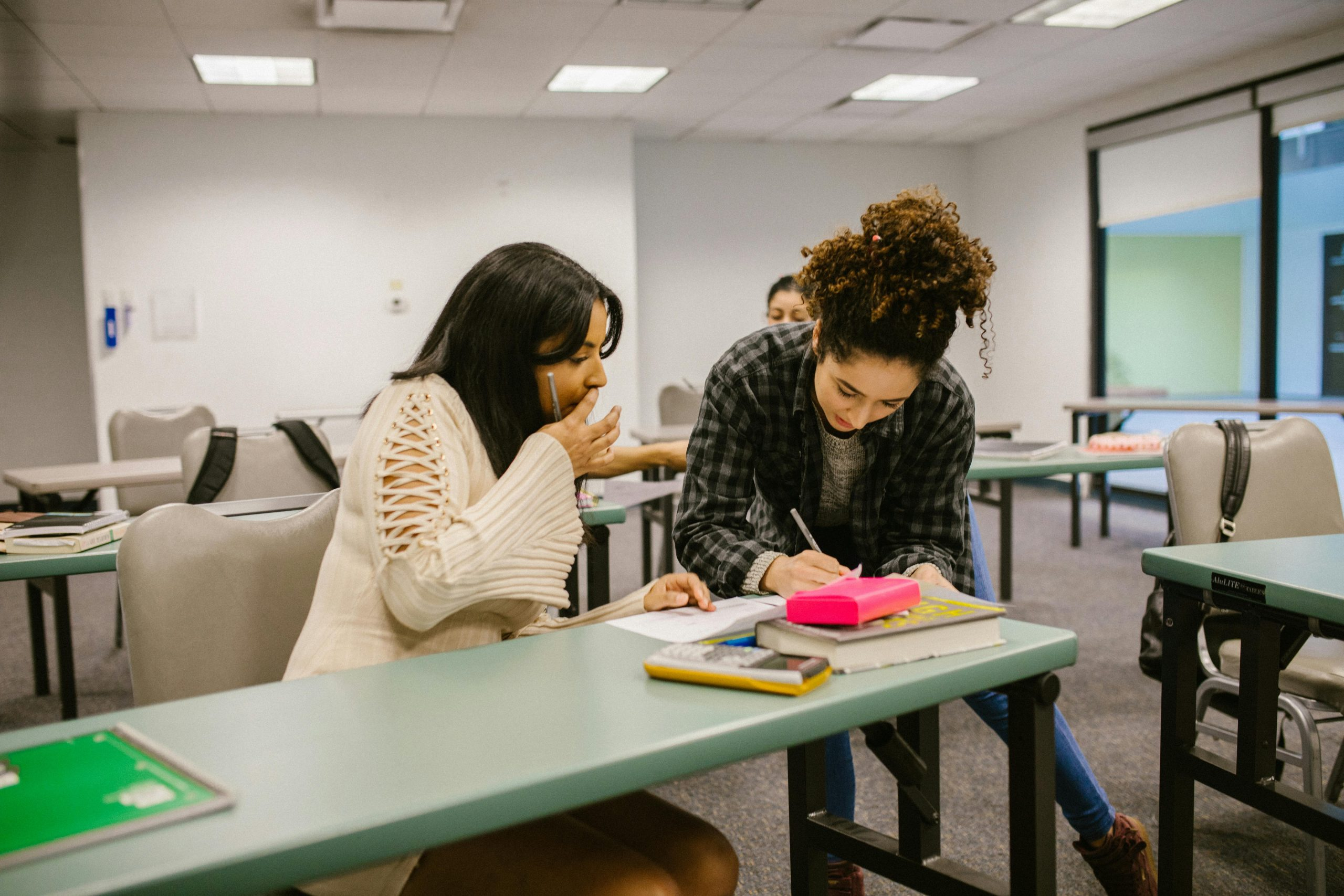Preparing Students for Jobs That Don’t Exist Yet
The world is changing faster than ever before, and with it, the job market is evolving. Traditional careers are disappearing while new and innovative roles are emerging. In fact, it’s estimated that 65% of children entering primary school today will end up working in jobs that don’t exist yet. This leaves students and parents alike wondering, how can we prepare for jobs that we don’t even know exist? In this article, we will explore the importance of preparing students for jobs that don’t exist yet and how to do so effectively.
The Importance of Preparing for the Unknown
As technology continues to advance at an exponential rate, many jobs are becoming automated, and new industries are emerging. This means that traditional jobs such as manufacturing, banking, and even law may not be as relevant in the future. In addition, new roles in areas like AI, virtual reality, and renewable energy are just beginning to emerge.
So why is it important to prepare students for jobs that don’t exist yet? The answer is simple: to stay ahead of the curve. By the time students graduate and enter the workforce, the job market will be vastly different from what it is today. Preparing students for this uncertainty is crucial if we want them to be successful and future-proof their careers.
Developing Critical Skills for the Future
Adaptability and Flexibility
One of the most important traits for thriving in a constantly changing job market is adaptability. This means being open to change, resilient, and able to quickly adjust to new situations. As jobs continue to evolve and new technologies emerge, workers will need to be able to adapt to new roles and tasks. Students should be encouraged to take on new challenges and learn new skills outside of their comfort zone.
Flexibility is also essential as the job market becomes more globalized, and workers may need to adjust to different working styles and cultures. Encouraging students to take part in exchange programs and internships abroad can help them develop this skill.
Critical Thinking and Problem-Solving
In a chaotic and constantly evolving job market, the ability to think critically and solve problems is crucial. Many new roles will require workers to come up with creative solutions and think outside the box. Students should be encouraged to think critically and solve problems in their learning environments, whether it be through project-based learning or real-world scenarios.
Collaboration and Communication
In a world where remote work and virtual teams are becoming the norm, collaboration and communication skills are more important than ever. Students should be given opportunities to work in groups and communicate effectively with classmates and teachers. This will help them develop the skills needed to collaborate with colleagues from different backgrounds and locations.
Preparing Students for Jobs That Don’t Exist Yet
Exposure to Emerging Technologies
One way to prepare students for roles that don’t exist yet is to expose them to emerging technologies and industries. This can be done through incorporating technology into the curriculum, inviting guest speakers working in new fields, and organizing visits to companies at the forefront of innovation. This will provide students with a better understanding of what’s to come and inspire them to pursue careers in new and emerging industries.
Encouraging Entrepreneurial Mindsets
In a world where traditional career paths are changing, it’s important for students to be open to entrepreneurship. Encouraging an entrepreneurial mindset teaches students to be innovative, resilient, and adaptable in their thinking. It also gives them the skills and confidence to create their own opportunities in a constantly evolving job market.
Emphasizing Lifelong Learning
Preparing students for jobs that don’t exist yet doesn’t stop once they graduate. The key is to teach students to be lifelong learners, constantly seeking out new skills and knowledge. With technology advancing at such a rapid pace, it’s crucial for workers to continuously upskill and reskill to stay relevant and competitive in the job market.
Conclusion
The job market of the future is uncertain, and the best way to prepare students for it is by developing critical skills and encouraging adaptability, collaboration, and an entrepreneurial mindset. By exposing students to emerging technologies, emphasizing lifelong learning, and encouraging them to think critically and solve problems, we can set them up for success in a constantly evolving workforce.
With the right skills and mindset, our students can not only adapt to the evolving job market but also shape it and create a better future for themselves and the world. Let’s start preparing them today for the jobs that don’t exist yet.










